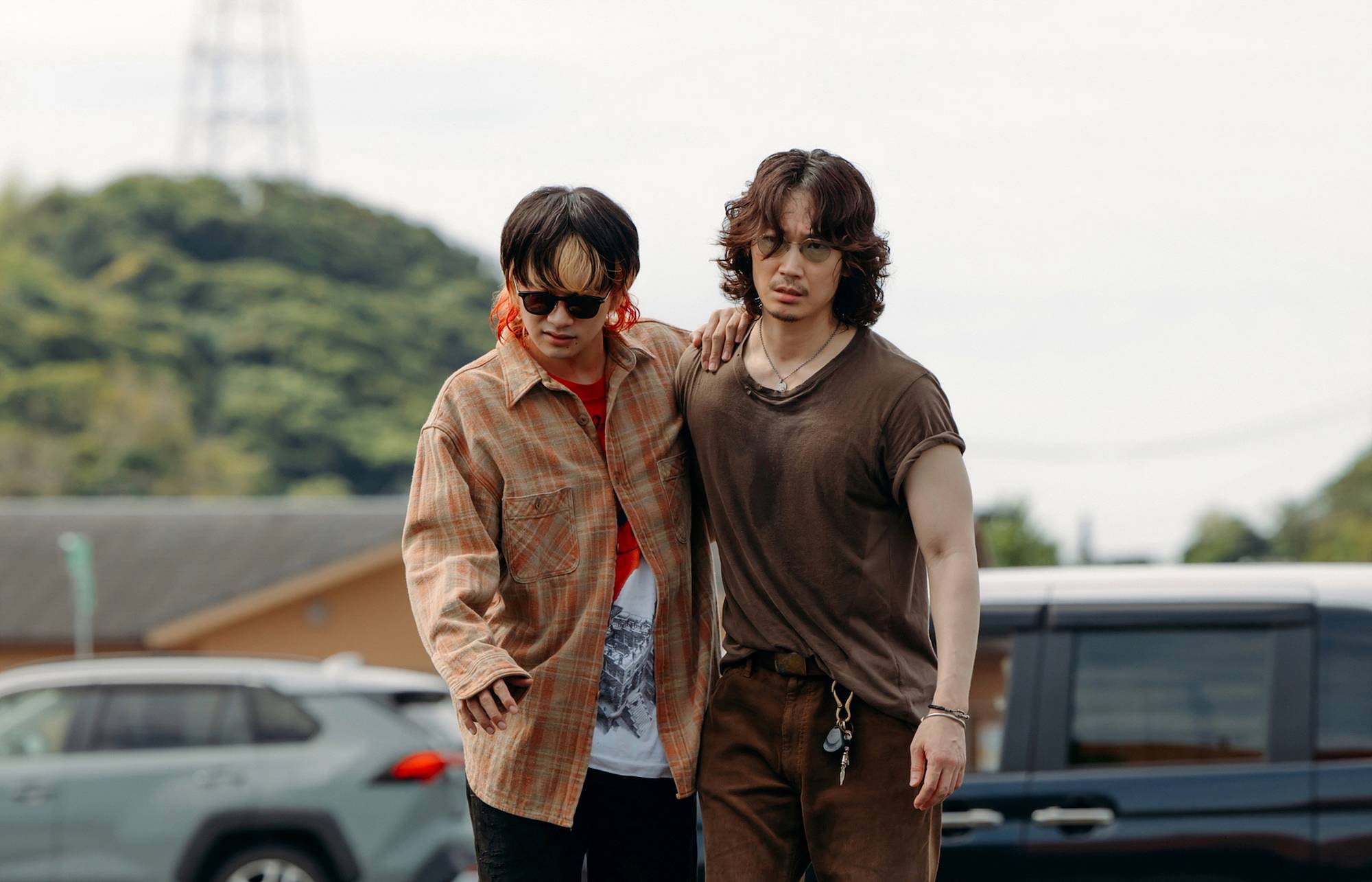Baka’s Identity
Orokamono no mibun
VERDICT: Koto Nagata’s surprisingly subtle and melancholy suspense thriller 'Baka’s Identity' about three Japanese scammers vaunts nuanced performances but gets derailed by flashbacks.
Based on Japanese writer Jun Nishio’s award-winning first novel, Baka’s Identity boasts an intriguing premise and an impassioned moral at its core. Tracking the descent of two penniless, listless young ruffians (and their slightly older mentor) into inevitable tragedy as they scam and are scammed, Koto Nagata’s first feature could have been a heartbreaking account of poverty and pain.
Such good intentions, and the pressure-cooker tension brought about by the fine turns of the film’s young cast, are punctured by screenwriter Kosuke Mugai’s decision to stop the narrative, shift back in time and start over. It’s a convenient yet increasingly wearisome way of establishing more heartening back stories for the three seemingly amoral protagonists.
This is also perhaps the reason the film, the first full-fledged made-for-cinema feature for the Japanese small-screen content studio The Seven, is (and feels) protracted. The two-hour-plus title bowed in competition at Busan before it opens in Japan on October 24. The presence of Takumi Kitamura and Go Hayano – a reunion of sorts after their collaboration on The Seven’s Netflix hit Yu Yu Hakusho, should propel the film to domestic success and nipponophile markets, but further festival bookings might be harder to come by.
“Baka” is Japanese for “a fool”, and fools – or specifically, their identities – are what Mamoru (Yuta Hayashi) and Takuya (Kitamura) rely on to earn a living. Pretending to be single women, the male pair chat men up online and try to find those who are lonely, gullible and, most importantly, in need of money. They then send their female associate (Mizuka Yamashita) to meet their “mark” and convince him, in ways we don’t get to see on screen, to sell them his identity, which the pair will then resell to a client who needs a new one, for example, to shake off a criminal record or a debt.
The two young men are smooth operators. They juggle different conversations on a dozen phones with ease, and Takuya actually shows the younger Mamoru how to scam/seduce men more convincingly in those online conversations. The key lies in trying lines out in a squealy voice – and with matching “girly” body gestures – before typing them into the chatbox. The most important thing, Takuya says, lies in the belief that it’s a fair deal, and that everyone manages to get to what they want in the transaction – the seller, the buyer, intermediaries such as themselves, and also their slimy boss Sato (Goichi Mine).
It doesn’t take a noir specialist to predict the two young men will have the tables turned against them and become fools themselves. We see Sato warning Mamoru to stay away from his buddy the next day; Takuya buying ID cards off his own mentor Kajitani (Ayano); and then Sato asking Mamoru to clean Takuya’s blood-drenched apartment. Long before one can say good riddance, however, the story shifts back a few months, to the point of where the two young men – one already a savvy con-artist, the other a newly arrived stray from the provinces – meet each other in a cramped dorm and become friends and partners in crime.
So far, so good: slowly, Takuya’s hard-boiled veneer unravels to reveal a confused youngster with his own regrets about life and his doubts about roping yet another poor boy into his scheme. Rather than moving on from this, however, the film eventually reverses gear again, transporting the viewer even further back so that the focus falls on Kajitani, as he takes Takuya under his wing and inducts him into the business. Arguably, this could be useful in understanding Kajitani’s actions in the here-and-now of the story, but all this exposition distracts the viewer from the running and chasing which gives the film – with Tomoo Ezaki’s warmly-hued lensing and Hiroyasu Koizumi’s understated yet evocative production design – its taut identity.
Director: Koto Nagata
Screenwriter: Kosuke Mugai, based on a novel by Jun Nishio
Cast: Takumi Kitamura, Go Ayano, Yuta Hayashi, Mizuki Yamashita, Yuma Yamoto
Producers: Kumi Kobata, Kazuya Shimomura
Executive producers: Shuhei Sekiguchi
Cinematography: Tomoo Ezaki
Editing: Ryuji Miyajima
Production design: Hiroyasu Koizumi
Music: Yoshiaki Dewa
Production companies: The Seven
World sales: The Seven
Venue: Busan International Film Festival (Competition)
In Japanese
131 minutes

